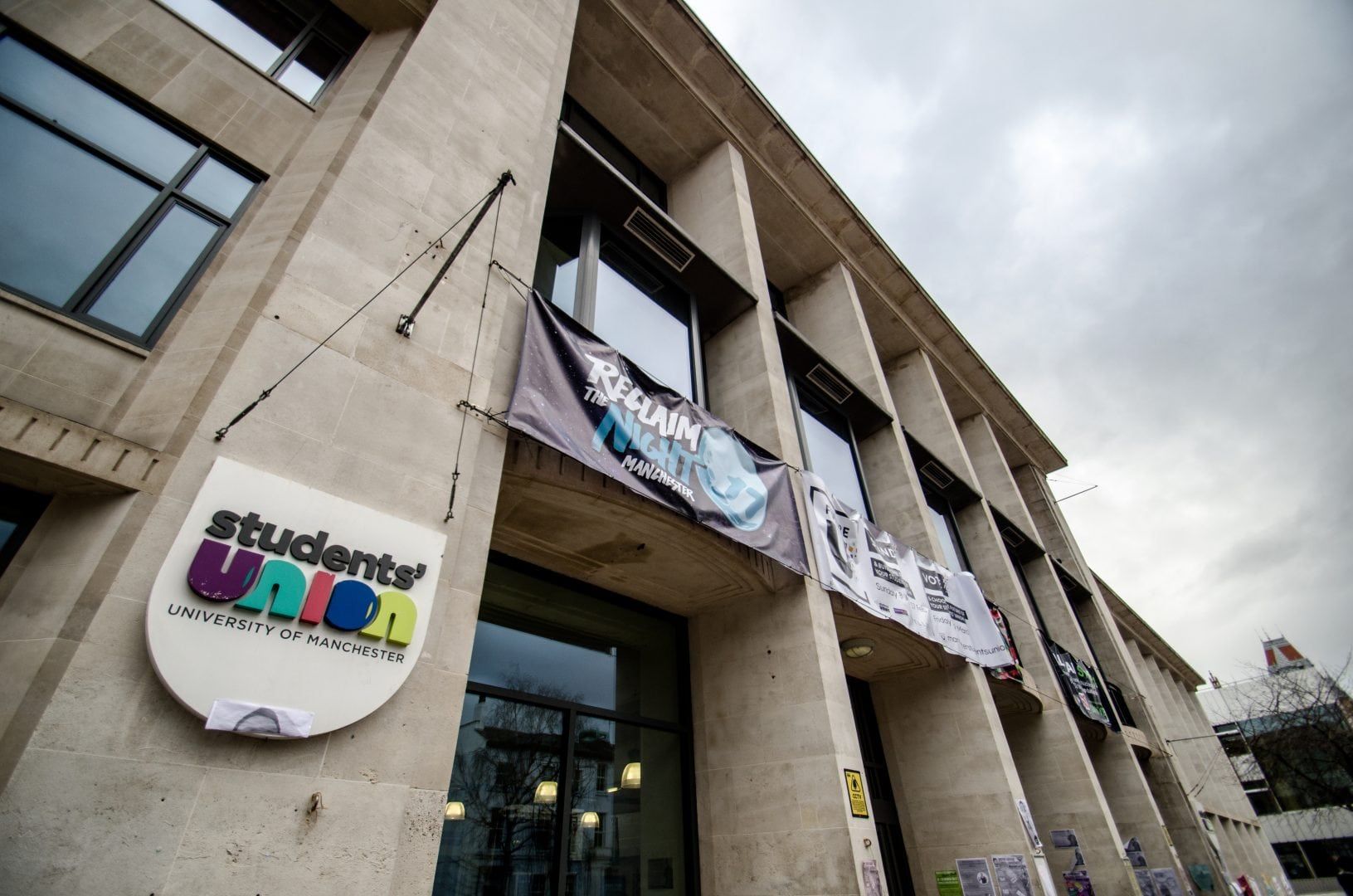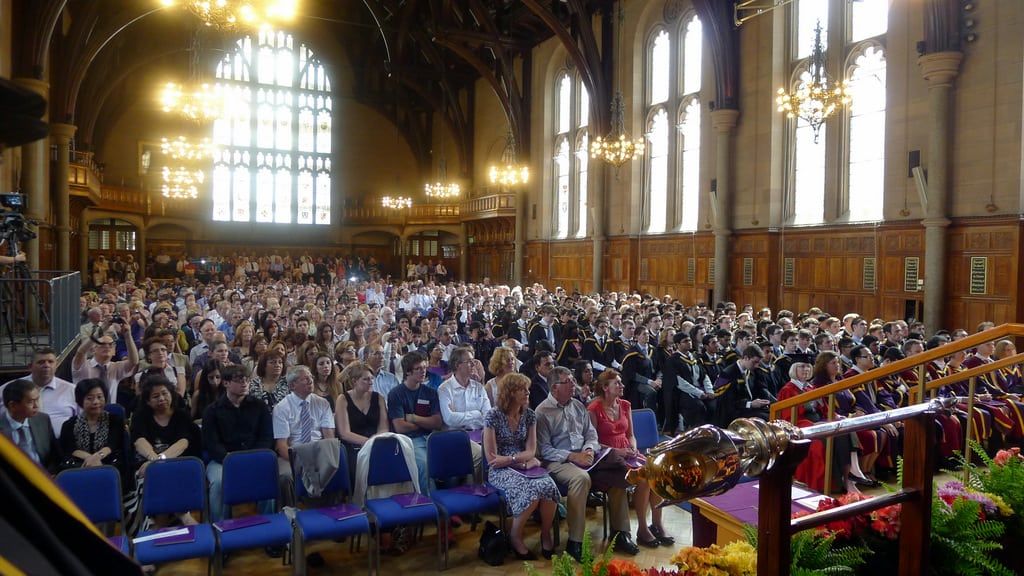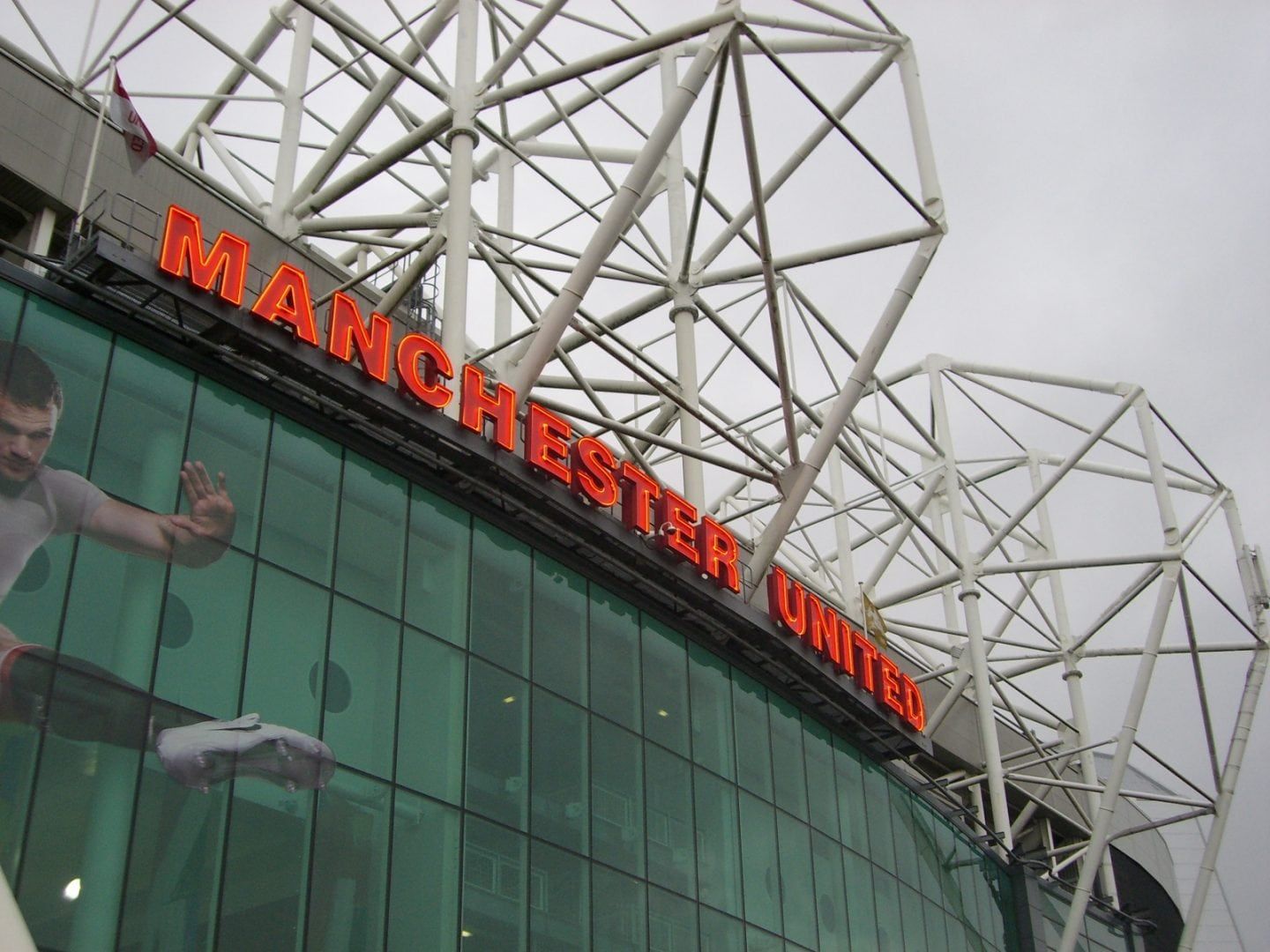Review: The Log
Patrick Davenport’s The Log surprises and delights in all the best ways: genius comedy accompanied with moments of emotional poignancy.
Told through the eyes of Charlie, Davenport’s The Log recounts the friendship between him, Karl and Alex from the age of six years old when they meet by a log in Center Parcs, through puberty and the challenges of growing up. Davenport’s writing is devilishly funny, with humour that is entirely relatable, bringing out laughter in all sorts of moments – one most memorably as the six-year-old versions of the friends’ misunderstanding the term ‘racist’ to mean doing something wrong in a sports day race!
Will Vincent is likeable and engaging immediately as the conversational narrator (Charlie), bringing us out of the story with quips about how this is more than a cliché coming of age story, and guiding us the through the years of the friendship. Emily Brocklehurst is great as the inquisitive six-year-old Alex, who becomes a hilariously sarcastic and passionate teenager. A distinct Blood Brothers feeling comes with the first meeting of “Charlie Gray and Karl with a ‘K’” (the latter played by Roman Armstrong), an interaction that embodies the meetings of young children to the point where you forget that you are watching university students.
All three actors impress with their ability to command the stage with perfectly delivered comedic lines and switch to equally believable moments of pain and anger. My one and only criticism is that, at times, the serious moments are slightly lost in a lack of projection.
Davenport’s writing and direction are impeccably displayed in this play, leaving you questioning and qualifying what a ‘close’ friend is, and just how difficult it is to grow up. We watch Alex, Charlie and Karl grow and change, dealing with things that they never knew about each other. Roman Armstrong demonstrates versatility in his portrayal of the contrasting joker ‘Karl’ and the ‘Carl’ that is dealing with his dad leaving. An apparently trivial difference of a letter in his name means so much to Charlie’s character as it is the root of how he sees Carl, capturing the complications of friendship and the raw fact that we rarely show our whole selves to anyone.
The log itself looks impressively realistic in its central role in the simple set – representing a den, a meeting place, a playground, a safe haven and more. Chemistry and comradery between the cast is evident in every moment of the play. The portrayal of their coming of age is realistic, with subtle changes in their acting accompanied by wonderful scriptwriting. It was the perfect decision not to have forced costume changes to show the years passing, focussing on the talent of the actors. Simple and effective lighting takes care of the atmosphere in the intimate Three Minute Theatre.
It’s impossible not to laugh and relate to the hilarious, and difficult, moments of growing up experienced by Charlie, Alex and Karl. The show’s final line, “Do you get it now?” (delivered by Charlie), intrigued and delighted me, seeming to simultaneously remind the audience that this was a story told almost more for Charlie’s benefit than the audience’s and inviting us to take away a more personal explanation or lesson. I thoroughly enjoyed witnessing a play considering everyday things – from Clifford the Red Dog to tomatoes and stars – as it amazed me by provoking thoughts about becoming an adult, friendships and versions of identity.





















